The study of reaction engineering and kinetics is essential for optimizing chemical reactions across industries, providing valuable tools for improving the efficiency and sustainability of various processes. Reaction engineering involves understanding how reactions occur within reactors, considering factors such as heat and mass transfer, mixing, and reactor configuration. It plays a significant role in designing industrial reactors that maximize the conversion of reactants to products while minimizing energy input and waste. Kinetics, on the other hand, focuses on determining the rate at which reactions occur and identifying the factors that influence these rates, such as concentration, temperature, and the presence of catalysts. Understanding these factors is essential in determining the optimal conditions for chemical reactions, as well as in the development of novel catalysts and reaction pathways that increase efficiency. The field of reaction engineering and kinetics is particularly important in processes such as combustion, polymerization, and pharmaceutical manufacturing, where precision and optimization are critical. The application of advanced modeling and simulation techniques has allowed for better prediction and control of reaction behaviors, leading to more precise reactor designs and improved process efficiency. As research continues, the intersection of reaction engineering and kinetics will remain vital for addressing the complex challenges of modern chemical manufacturing.

Thomas J Webster
Interstellar Therapeutics, United States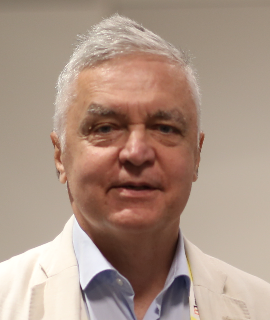
Sergey Suchkov
R&D Director of the National Center for Human Photosynthesis, Mexico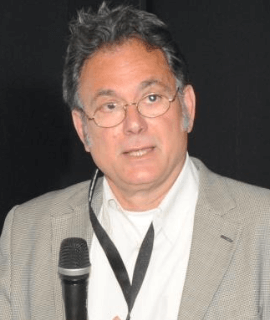
Christopher Koroneos
University of Western Attica, Greece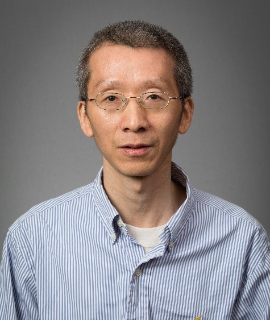
Haibo Ge
Texas Tech University, United States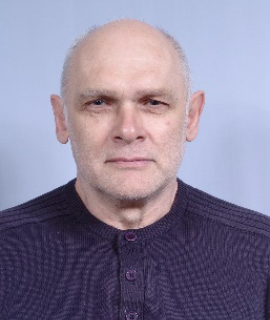
Valery P Kalinitchenko
All Russian Phytopathology Research Institute, Russian Federation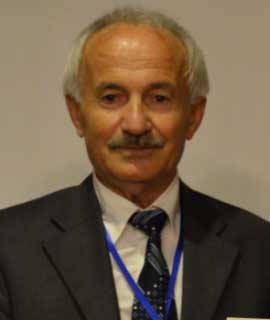
Osman Adiguzel
Firat University, Turkey
Delia Teresa Sponza
Dokuz Eylul University, Turkey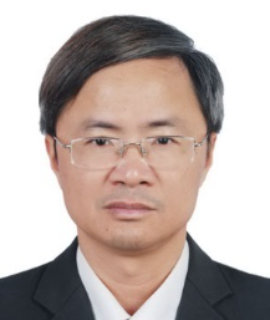
Guangnan Ou
Jimei University, China


Title : Using cells as the environmentally catalyst for nanoparticle synthesis: Killing bacteria, inhibiting inflammation, and growing tissues
Thomas J Webster, Interstellar Therapeutics, United States
Title : Personalized and Precision Medicine (PPM) as a unique healthcare model to be set up through biodesign-inspired biotech-driven translational applications and upgraded business marketing to secure the human healthcare, wellness and biosafety
Sergey Suchkov, R&D Director of the National Center for Human Photosynthesis, Mexico
Title : Chemical soil biological engineering and biogeosystem technique methodology
Valery P Kalinitchenko, All Russian Phytopathology Research Institute, Russian Federation
Title : Antibody-proteases as translational tools of the next-step generation to be applied for biotech, bioindustry and personalized and precision medical practice
Sergey Suchkov, R&D Director of the National Center for Human Photosynthesis, Mexico
Title : Shape memory phenomena and crystallographic transformations in shape memory alloys
Osman Adiguzel, Firat University, Turkey
Title : Construction of artificial metalloenzymes by protein refolding
Guangnan Ou, Jimei University, China
Title : Photoremoval of some brominated phenols (4-bromophenol and 2,4,6-tribromophenol) with reused polystyrene foam and SnO2
Delia Teresa Sponza, Dokuz Eylul University, Turkey
Title : Phenol removal from wastewater using innovative biological and industrial wastes as adsorbents
Ashanendu Mandal, University of Calcutta, India
Title : Boom of nanomaterials in environmental remediation
Vijendra Singh Solanki, Institute of Science and Research, India
Title : Process intensification for the production of 2, 2-dimethoxypropane using Fixed BED Chromatographic Reactor (FBCR)
Akash Sunilrao Shinde, Indian Institute of Technology Bombay, India